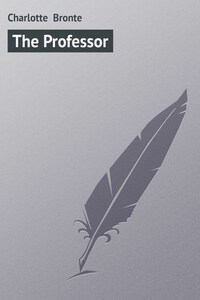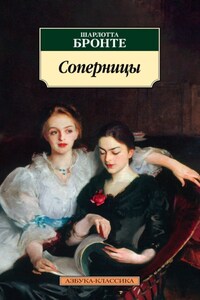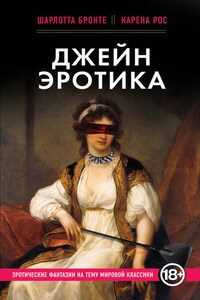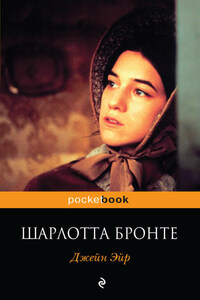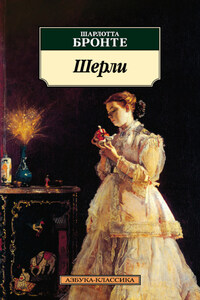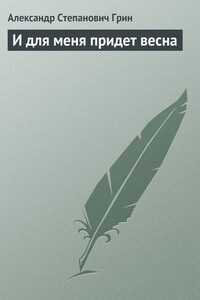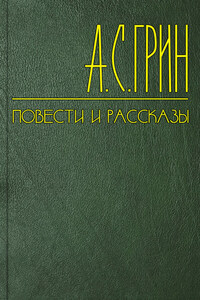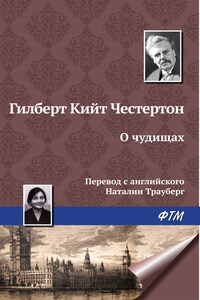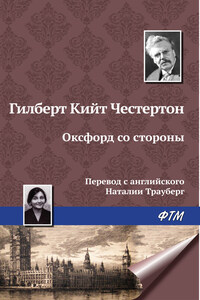The other day, in looking over my papers, I found in my desk the following copy of a letter, sent by me a year since to an old school acquaintance:-
“Dear Charles,
“I think when you and I were at Eton together, we were neither of us what could be called popular characters: you were a sarcastic, observant, shrewd, cold-blooded creature; my own portrait I will not attempt to draw, but I cannot recollect that it was a strikingly attractive one – can you? What animal magnetism drew thee and me together I know not; certainly I never experienced anything of the Pylades and Orestes sentiment for you, and I have reason to believe that you, on your part, were equally free from all romantic regard to me. Still, out of school hours we walked and talked continually together; when the theme of conversation was our companions or our masters we understood each other, and when I recurred to some sentiment of affection, some vague love of an excellent or beautiful object, whether in animate or inanimate nature, your sardonic coldness did not move me. I felt myself superior to that check THEN as I do NOW.
“It is a long time since I wrote to you, and a still longer time since I saw you. Chancing to take up a newspaper of your county the other day, my eye fell upon your name. I began to think of old times; to run over the events which have transpired since we separated; and I sat down and commenced this letter. What you have been doing I know not; but you shall hear, if you choose to listen, how the world has wagged with me.
“First, after leaving Eton, I had an interview with my maternal uncles, Lord Tynedale and the Hon. John Seacombe. They asked me if I would enter the Church, and my uncle the nobleman offered me the living of Seacombe, which is in his gift, if I would; then my other uncle, Mr. Seacombe, hinted that when I became rector of Seacombe-cum-Scaife, I might perhaps be allowed to take, as mistress of my house and head of my parish, one of my six cousins, his daughters, all of whom I greatly dislike.
“I declined both the Church and matrimony. A good clergyman is a good thing, but I should have made a very bad one. As to the wife – oh how like a night-mare is the thought of being bound for life to one of my cousins! No doubt they are accomplished and pretty; but not an accomplishment, not a charm of theirs, touches a chord in my bosom. To think of passing the winter evenings by the parlour fire-side of Seacombe Rectory alone with one of them – for instance, the large and well-modelled statue, Sarah – no; I should be a bad husband, under such circumstances, as well as a bad clergyman.
“When I had declined my uncles’ offers they asked me ‘what I intended to do?’ I said I should reflect. They reminded me that I had no fortune, and no expectation of any, and, after a considerable pause, Lord Tynedale demanded sternly, ‘Whether I had thoughts of following my father’s steps and engaging in trade?’ Now, I had had no thoughts of the sort. I do not think that my turn of mind qualifies me to make a good tradesman; my taste, my ambition does not lie in that way; but such was the scorn expressed in Lord Tynedale’s countenance as he pronounced the word trade – such the contemptuous sarcasm of his tone – that I was instantly decided. My father was but a name to me, yet that name I did not like to hear mentioned with a sneer to my very face. I answered then, with haste and warmth, ‘I cannot do better than follow in my father’s steps; yes, I will be a tradesman.’ My uncles did not remonstrate; they and I parted with mutual disgust. In reviewing this transaction, I find that I was quite right to shake off the burden of Tynedale’s patronage, but a fool to offer my shoulders instantly for the reception of another burden – one which might be more intolerable, and which certainly was yet untried.
